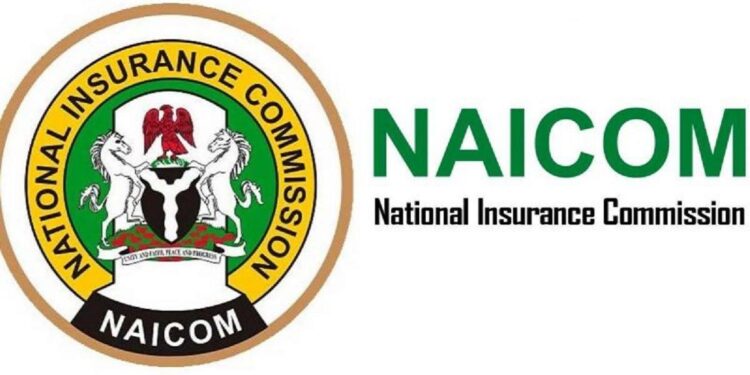Landlords and occupiers of public buildings in Nigeria now risk a fine of at least N1 million, a jail term of up to 12 months, or both, if they fail to insure their properties against hazards. This follows the signing of the Nigerian Insurance Industry Reform Act.
According to the new law, all public buildings must be insured against risks such as coll@pse, fire, earthquakes, storms, floods, and other hazards as determined by the National Insurance Commission (NAICOM).
Public buildings are defined under Section 76 (6) as tenement houses of more than one floor, hostels, buildings occupied by tenants or lodgers, and any structure accessible to the public for education, medical services, recreation, or business transactions.
The Act mandates that such insurance policies cover not only property and lives but also the legal liabilities of landlords and occupiers in cases of injury, death, or damage suffered by users of the premises and third parties.
In addition, every insurer issuing such policies must remit 0.25% of net premiums quarterly into a Fire Services Maintenance Fund, to be managed by NAICOM for grants and firefighting equipment. Defaulters risk fines up to 10 times the required amount, with persistent offenders facing cancellation of their licenses.
The law also empowers NAICOM to order the sealing of any building deemed a public risk if it lacks valid insurance coverage.
Beyond public buildings, Section 77 makes it compulsory for all assets and employees of the Federal Government and its agencies to be insured. Section 78 further mandates compulsory insurance for all petroleum and gas refilling stations, installations, and vehicles transporting such products against third-party losses from fires or explosions.
Owners of petroleum facilities or products in transit are required to provide a Certificate of Insurance, which must be displayed at the station or included in transport documents. Non-compliance attracts a minimum penalty of N1 million, at least two years in prison, or both.

















